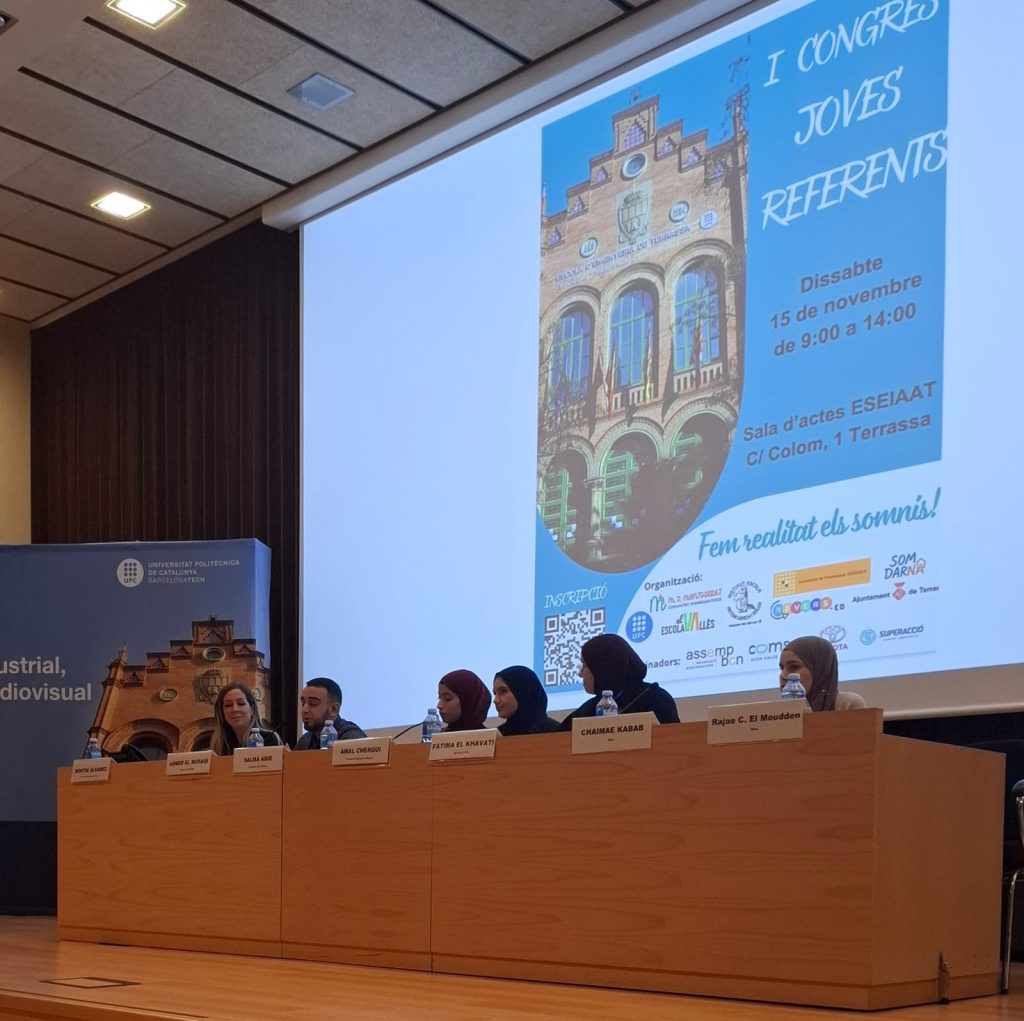A recent event in the city of Terrassa highlighted the profound transformation that excellent education can bring to vulnerable communities. Young people who, from an early age, were educated in low-SES families, in multicultural schools, and under the constant bombardment of deterministic prejudices about their future, shared—20 years later—their extraordinary academic and professional achievements, far surpassing those who grew up in the highest-SES contexts and schools.
“What is the secret?” participants at the event asked. The answer was clear: just as health improves with the COVID vaccine, education improves with successful educational actions.
All the former students explained that at school they gained a very strong foundation in different subjects, learned to argue, became more supportive, and built better relationships thanks to interactive groups, dialogic literary gatherings, the dialogic model of prevention and resolution of conflicts, family education programs, and more. All of this helped them later in their studies, both in upper secondary school and in their various university degrees—engineering, chemistry, and others.
One student recounted earning 18 honors distinctions, the highest grades in his engineering program. Another remembered that while she was taking part in literary gatherings using an adapted version of Romeo and Juliet in class, her mother was also participating in school activities and happened to be reading the same book (in the original version); they had conversations at home about topics she would later bring back to school. Another student described how, when she moved with her family to Germany without knowing the language, she was able to learn it quickly thanks to her experience with successful educational actions, which enabled her to excel in her studies.
Some mistakenly believe that these successful actions are exceptions that prove the rule of theories claiming that education reproduces rather than overcomes inequalities. The reality is exactly the opposite. These successful practices are co-created with the most rigorous and excellent theories. Deterministic theories are full of elementary errors, whereas dialogic theories possess an exceptionally high level of quality—precisely what makes such practical successes possible.
Coordinator of Learning Communities in the Basque Country


